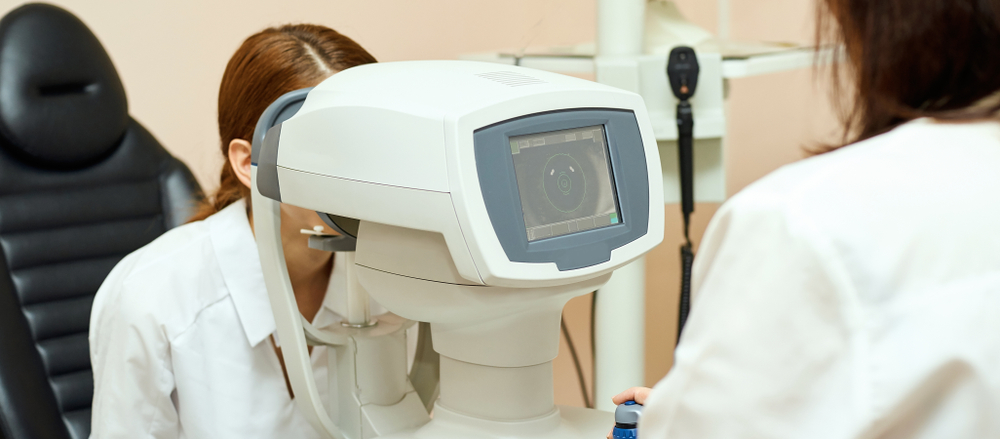
How Optical Coherence Tomography Can Detect Early Signs of Eye Disease
When it comes to eye health, early detection is critical. Many eye diseases, including glaucoma, macular degeneration, and diabetic retinopathy, often develop silently, showing symptoms only when they've progressed significantly. That’s why advanced technology like Optical Coherence Tomography (OCT) plays a pivotal role in modern eye care. This non-invasive imaging test can reveal detailed cross-sectional images of the retina, providing critical insights into eye health and helping detect potential issues at their earliest stages.
What is Optical Coherence Tomography?
Optical Coherence Tomography, or OCT, is a sophisticated imaging technique that uses light waves to create detailed, high-resolution images of the retina’s layers. Similar to an ultrasound, which uses sound waves, OCT uses light to map the structure of the eye’s tissues. This allows eye doctors to view the retina in layers, enabling them to examine even the smallest abnormalities that might indicate an emerging condition.
Why OCT is Important for Eye Disease Detection
The retina is a complex, layered structure at the back of the eye that plays a crucial role in vision. Because OCT imaging can capture each layer, it becomes possible to detect subtle changes that might otherwise go unnoticed. This capability is especially valuable for early detection of eye diseases:
• Glaucoma: Often called the "silent thief of sight," glaucoma develops without symptoms in its early stages. OCT allows doctors to measure the thickness of the retinal nerve fiber layer, which can thin out due to glaucoma long before vision is affected.
• Age-Related Macular Degeneration (AMD): In its early stages, AMD may not show obvious symptoms, but OCT can detect small changes in the retina that signal the beginning of this condition, enabling earlier intervention.
• Diabetic Retinopathy: For individuals with diabetes, monitoring eye health is crucial. OCT can identify early signs of diabetic retinopathy, such as retinal swelling or fluid leaks, well before they lead to vision problems.
How OCT Works During Your Eye Exam
An OCT scan is quick, non-invasive, and painless. During the test, you’ll sit in front of the OCT machine and focus on a target. The machine uses light to scan your eye and capture images of your retina’s cross-sectional structure. This entire process usually takes just a few minutes, and you can return to your day without any restrictions.
The detailed images produced by OCT allow eye doctors to detect structural changes, swelling, or fluid accumulation in the retina, which can be early signs of disease. By comparing results over time, they can monitor for any changes that could indicate progression and, if necessary, create a treatment plan to protect your vision.
The Benefits of Early Detection with OCT
The earlier an eye condition is detected, the better the chances of successful management or treatment. With regular OCT scans, Rieger Eyecare Group can identify changes in your retina long before they impact your daily life. Early detection means earlier intervention, allowing us to preserve your vision and prevent complications associated with advanced eye disease.
Who Should Consider OCT Scans?
Most people should consider an OCT scan as part of their regular eye exams, especially if they are over 40 or have risk factors like diabetes, high blood pressure, or a family history of eye diseases. OCT is particularly beneficial for those with a history of glaucoma, AMD, or diabetic eye issues, as it enables close monitoring to detect any early changes.
Trust Your Vision Health to Rieger Eyecare Group
At Rieger Eyecare Group, we are committed to using the latest technology to protect your vision. Optical Coherence Tomography allows us to assess your eye health with precision, helping to detect any signs of disease as early as possible.
Schedule a comprehensive exam with Rieger Eyecare Group to learn more about how OCT can play a role in maintaining your eye health and preserving your vision for years to come. Visit our office in Normal, Illinois, or call (309) 320-2020 to book an appointment today.











